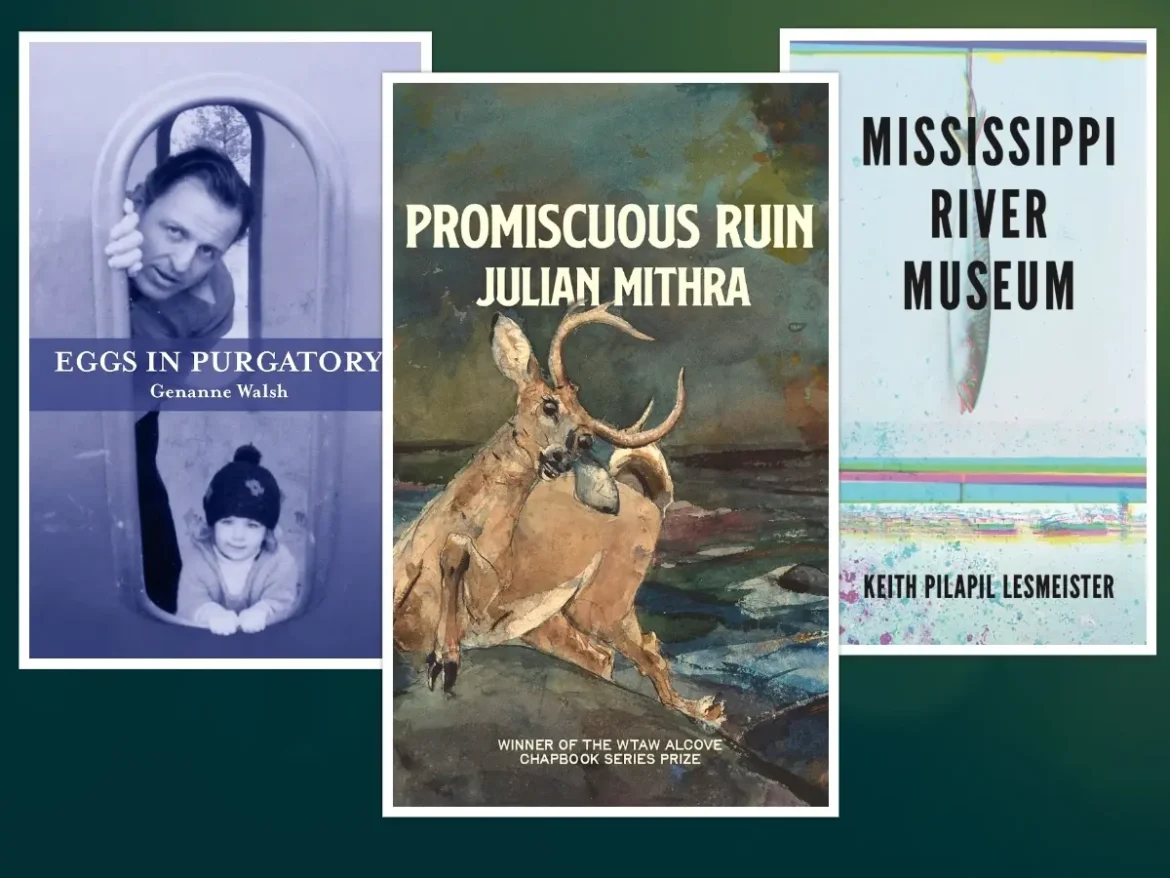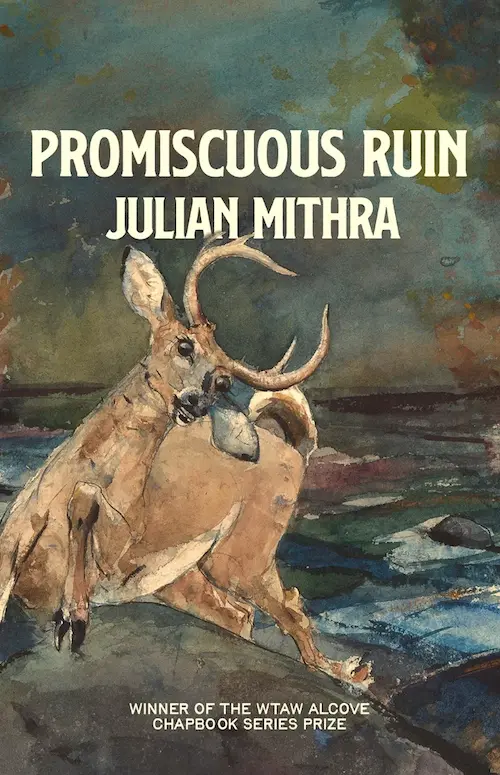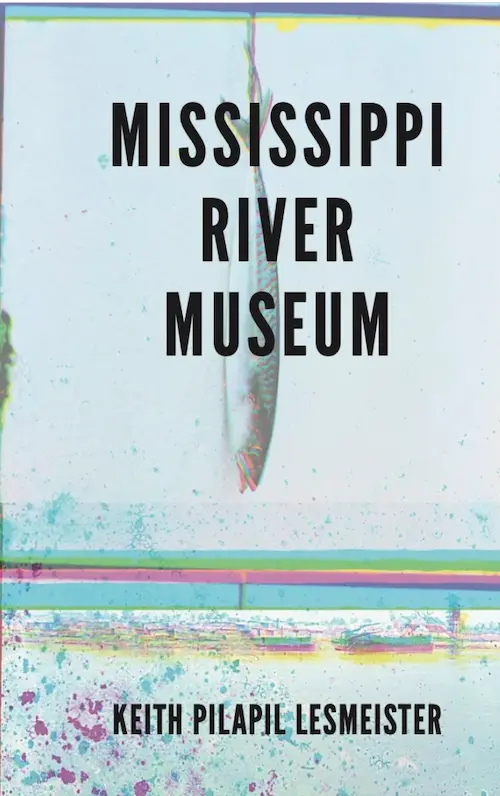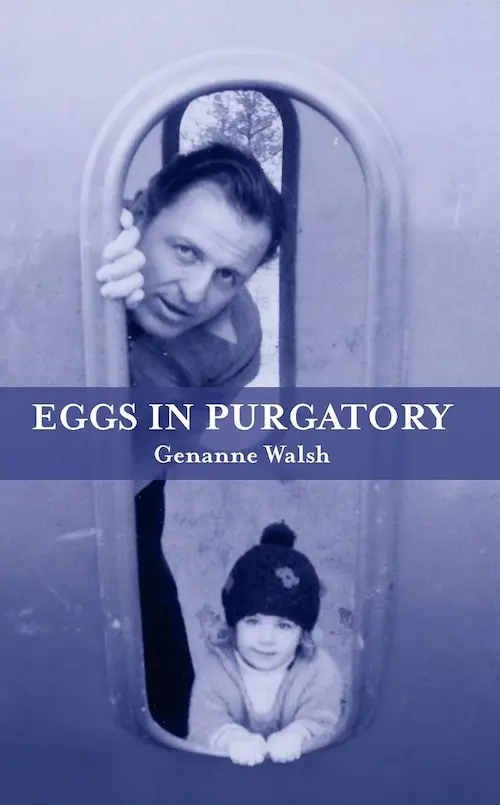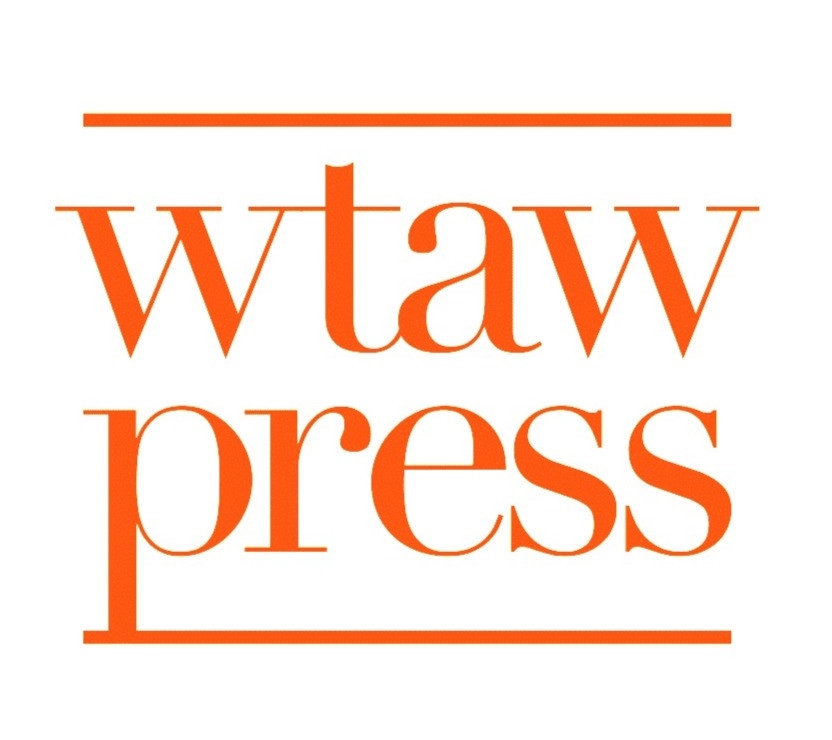The Alcove Chapbook Series Prize released its first chapbooks from WTAW Press
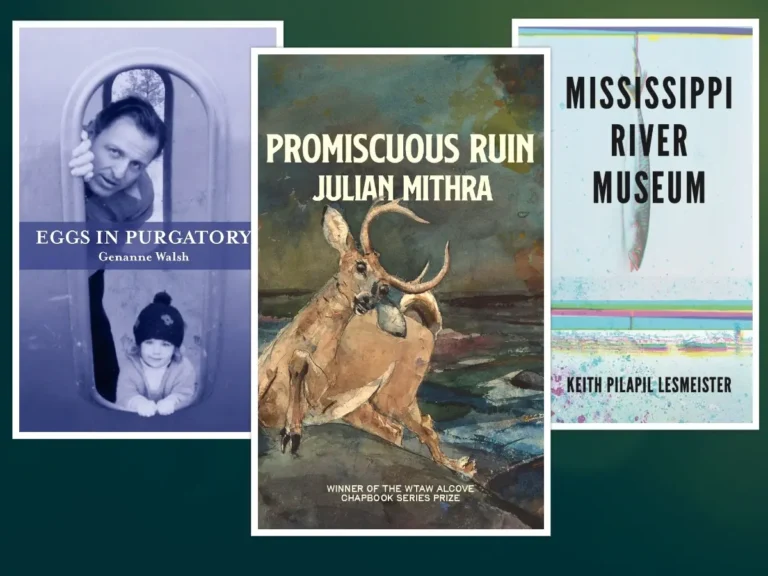
Table of Contents
The Rise Of The Novella
In a recent Substack, novelist Lincoln Michel wrote about the rise of the short book. “The novella has long been a favorite form of writers,” he wrote. “For many of us, it’s the perfect balance between a short story’s punchiness and a novel’s weight. But trying to publish a standalone novella in America used to be nearly impossible. It was thought readers would never buy them. So how did the novella go from the overlooked to all the rage?”
Titles From The Alcove Chapbook Series
In what may be a reflection of this trend, earlier this year, WTAW Press, an independent publisher of literary prose, released the first chapbooks in its Alcove Chapbook Series, a yearly competition that awards publication to authors for works of prose between 20 and 48 pages. Full guidelines for entries can be found at Alcove Chapbooks on WTAW Press. Here’s a roundup of the 2023 winner and two finalists.
Promiscuous Ruin, by Julian Mithra
Winner of the WTAW Alcove Chapbook Prize, 2023
In the bygone era of a decaying frontier, deer hunters Lemuel and Lars hitch up as backwoods companions. Each troubled by missing mothers and flinty fathers, they thwart attempts at intimacy, funneling these impulses into fantasies of violence and revenge. Occasioned by brief moments of sublimity, the two edge closer to a blizzard of repressed desire. Only the deer themselves might cede medicine for earthbound wounds. Borrowing sensibility from docupoetics, where lyricism works to comment on an archive, and drawing upon Theodore Roosevelt’s “Daniel Boone’s Move to Kentucky,” Promiscuous Ruin is the first-ever winner of the WTAW Alcove Chapbook Series Prize.
Henry Hoke, author of Open Throat, calls the chapbook, “A goldmine of breathtaking prose, Promiscuous Ruin time-travels us to a bygone landscape brimming with visceral experience, where the masculine and the mythical grip each other tight. A raw, rich, and expansive feat; a book to overwhelm the senses. Mithra is an acrobat with words, and a voice to treasure.”
Julian Mithra hovers between genders and genres, bordermongering and -mongreling. An experimental archive, Unearthingly (Kernpunkt, 2022) excavates forgotten spaces and inhabits caverns. Kaleidoscope (Ethel Press, 2021) flexes transembodiment against alphabetic constraints in a handsewn chapbook. If the Color Is Fugitive (Nomadic Press, 2018) historically intervenes in frontiers. For an MA in Folklore, they dressed up like a 19th century anthropologist and ventriloquized through a copper pipe. They peregrinate around the Bay Area, sniffing rocks and touching paper.
Mississippi River Museum, by Keith Pilapil Lesmeister
Finalist for the WTAW Alcove Chapbook Prize, 2023
When Joe Patterson arrives in a rural upper Midwestern river town in order to fix up and sell his late father’s “cabin,” a host of issues for which he’s not prepared confront him: the house is in shambles, his body aches, his checking account is almost empty, and he meets a twelve-year-old boy in need of help. A story of hope, loss, and redemption, Mississippi River Museum explores the unlikely friendship between two orphans who bond over fishing, bikes, and eating fried catfish.
“Mississippi River Museum is a gut punch of an American story,” says Benjamin Anastas, author of Too Good to Be True: a memoir, “set in a corner of northeast Iowa that simmers with menace and a slow-moving beauty. Its hero, Joe Patterson, breaks the mold of the usual rural archetypes: he’s biracial, full of heart, and aching, though he doesn’t know it, for a family of his own. Keith Pilapil Lesmeister’s chapbook is an instant classic.
Keith Pilapil Lesmeister is the author of the story collection We Could’ve Been Happy Here. He’s a founding editor of Cutleaf, a literary journal, and EastOver Press. His fiction has appeared in American Short Fiction, Gettysburg Review, New Stories from the Midwest, North American Review, and many others. He lives and works in the Driftless region of northeast Iowa.
Eggs in Purgatory, by Genanne Walsh
Finalist for the WTAW Alcove Chapbook Prize, 2023
By turns blunt, lyrical, grief-struck, and humorous, Eggs in Purgatory details the work of caregiving and the complex dance between a daughter and her obstinate, charming, unreliable parent. When her 89-year-old father decides it’s time to die, Genanne Walsh struggles to support him through a journey that’s fraught and beautiful, mundane and mysterious. A bracing, intimate essay that transcends the personal to offer universal truths.
Of the memoir, Lori Ostlund, author of After the Parade and The Bigness of the World, says, “Reading Genanne Walsh’s Eggs in Purgatory is like listening to the wisest friend you have talk to you about death and dying from inside a confessional booth of her own making. In this long-form essay, Walsh narrates the final weeks of the life of her father, an ex-priest and unrepentant bon vivant, as he facilitates his own death. The storytelling is beautiful and fraught, intimate and gut-wrenching. Eggs in Purgatory is a must-read for anyone who has struggled with a parent’s death or to make sense of a parent’s life. Simply put, it is for all of us.”
Genanne Walsh is the author of Twister, awarded the Big Moose Prize for the Novel from Black Lawrence Press. Her work has appeared in Puerto del Sol, Blackbird, and elsewhere, and has been nominated for the Pushcart Prize. After thirty years in San Francisco she recently moved to Portland, Maine, with her wife and dog. She’s at work on a new novel.
~ Lauren Alwan
Learn More about WTAW Press
Other LitStack Resources
If you’re looking for other books you should read, be sure and check out other LitStack Recs, and other reviews and recs from Lauren Alwan.
As an Amazon affiliate, LitStack may earn a commission at no cost to you when you purchase products through our affiliate links.

